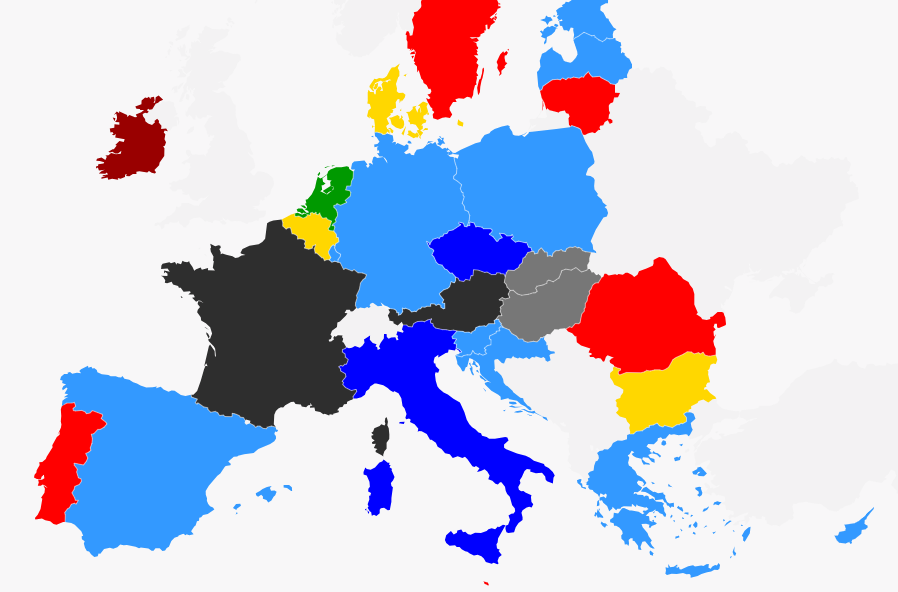In the recent European parliamentary elections, far-right parties made significant gains in several countries, indicating a rightward shift in the European Parliament. Parties such as Marine Le Pen’s National Rally in France, Giorgia Meloni’s Brothers of Italy in Italy, Alternative for Germany (AFD) in Germany, and the Freedom Party (FPÖ) in Austria all saw increased support compared to previous elections. The rise of these right-wing parties could impact policies on climate, migration, enlargement, budget, and rule of law if they collaborate within the parliament.
The results of the elections showed a shift towards the radical right in many EU member states, with far-right parties already being part of national governments in eight out of 27 countries. This shift could lead to growing divisions and potentially even chaos within the European Parliament and the European Council. The gains made by far-right parties may also impact European unity and the ability to achieve compromises, especially in light of ongoing events such as the war in Ukraine and the possibility of a Trump presidency.
Despite the gains made by far-right parties, there were also some indicators that their sweep was not uncontested. The AfD in Germany did not perform as well as expected, Viktor Orbán’s Fidesz party in Hungary lost ground, and the Party for Freedom in the Netherlands gained seats but did not win outright. Overall, there are still competing forces in the European Parliament, with the center-right European People’s Party maintaining control and insisting that “the center is holding.”
In France, the National Rally party of Marine Le Pen won a significant portion of the vote, prompting President Emmanuel Macron to call for a snap parliamentary election. In Italy, Prime Minister Giorgia Meloni’s Brothers of Italy group quadrupled its support compared to previous EU elections. The Alternative for Germany (AFD) in Germany and the Freedom Party (FPÖ) in Austria also saw gains in support, overtaking mainstream parties in their respective countries.
As the two mainstream and pro-European groups, the Christian Democrats and the Socialists and Democrats, adjusted their seat numbers in the European Parliament, the rightward shift was more evident. The gains made by far-right parties came at the expense of the Greens, who were expected to lose seats in the legislature. Overall, the composition of the European Parliament is changing, with implications for future policies on various issues such as climate, migration, and the rule of law.
The results of the recent European parliamentary elections reflect a broader trend towards the right in EU member states, with radical right parties playing an increasingly significant role in national and European politics. The potential collaboration among these parties within the European Parliament could impact decision-making processes on key issues affecting the EU as a whole. The shifting dynamics within the parliament may signal challenges ahead for achieving unity and consensus on crucial matters, which could have far-reaching implications for the future of the EU.


